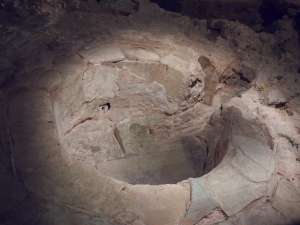IV. Nor ought it to be objected that Christ puts instruction before baptism and so speaks of adults, who can be instructed, and not of infants (“teach [μαθητεύσατε],” he says). Although Christ placed teaching before baptism, this must be referred to the . . . Continue reading →
Heidelcast 118: I Will Be A God To You And To Your Children (13)
With this episode now we dive into the question of baptism itself. So far we have been setting the stage because, from the historic, confessional Reformed point of view, the debate about infant baptism is really a debate about how to understand . . . Continue reading →





